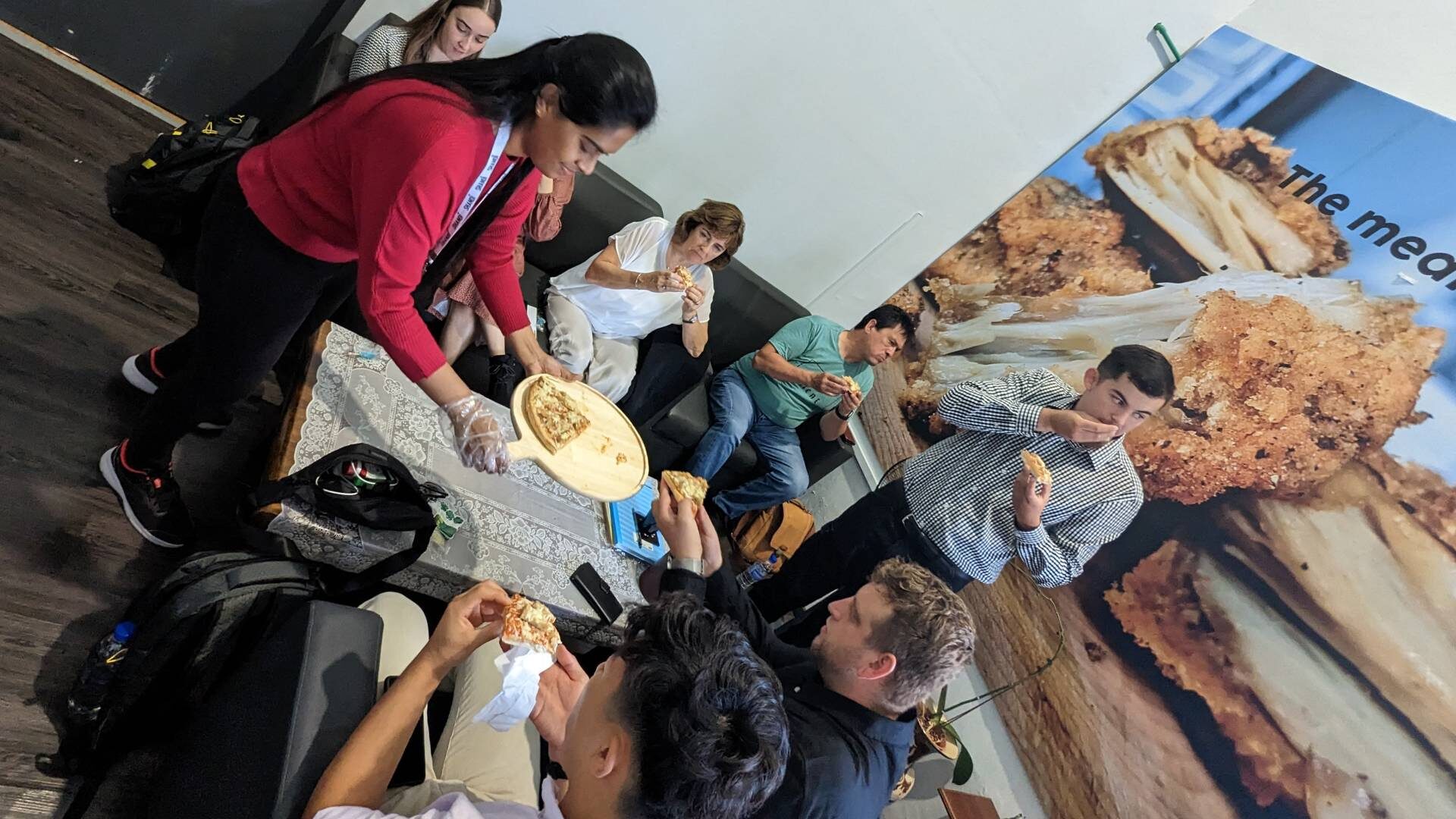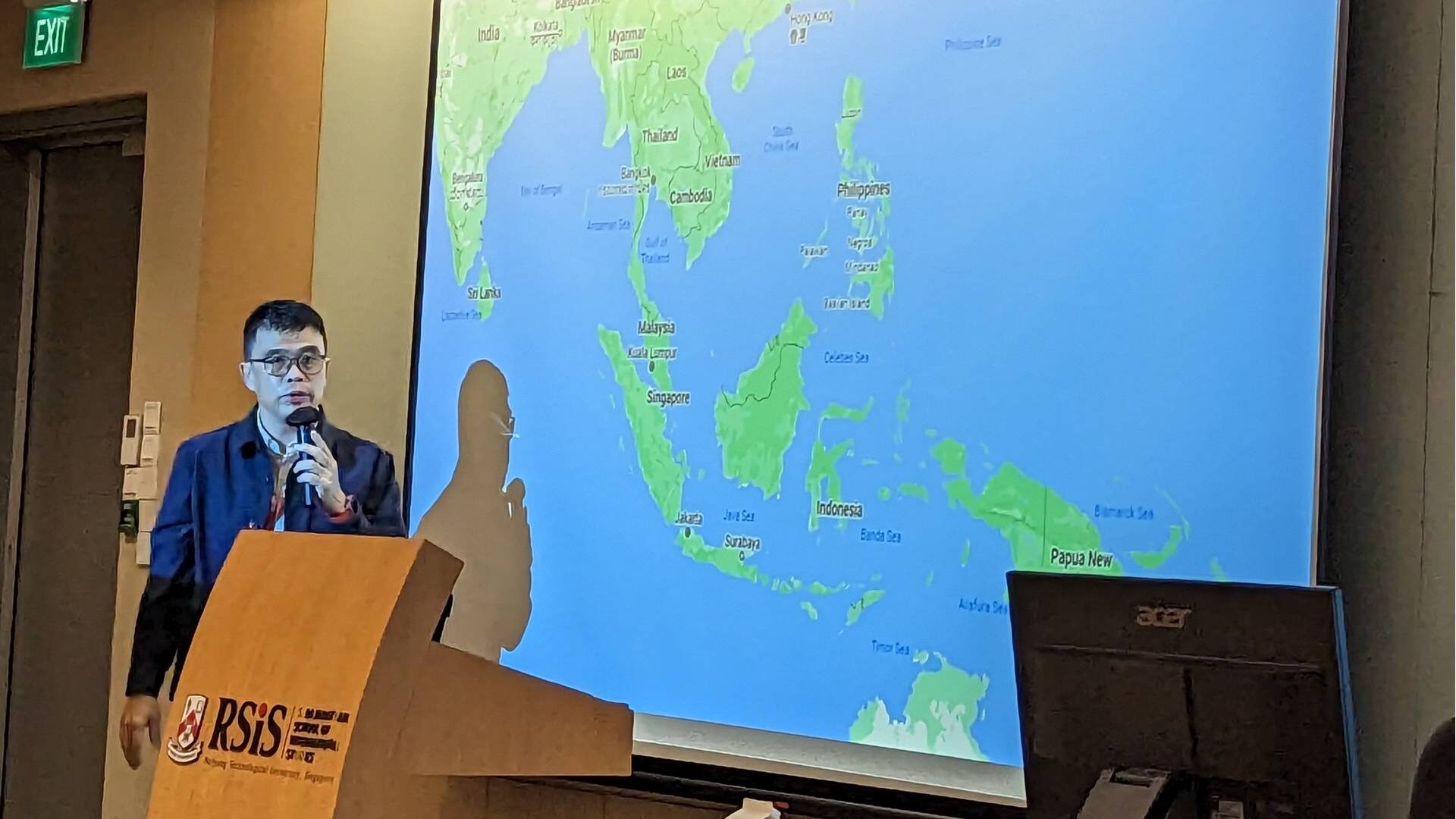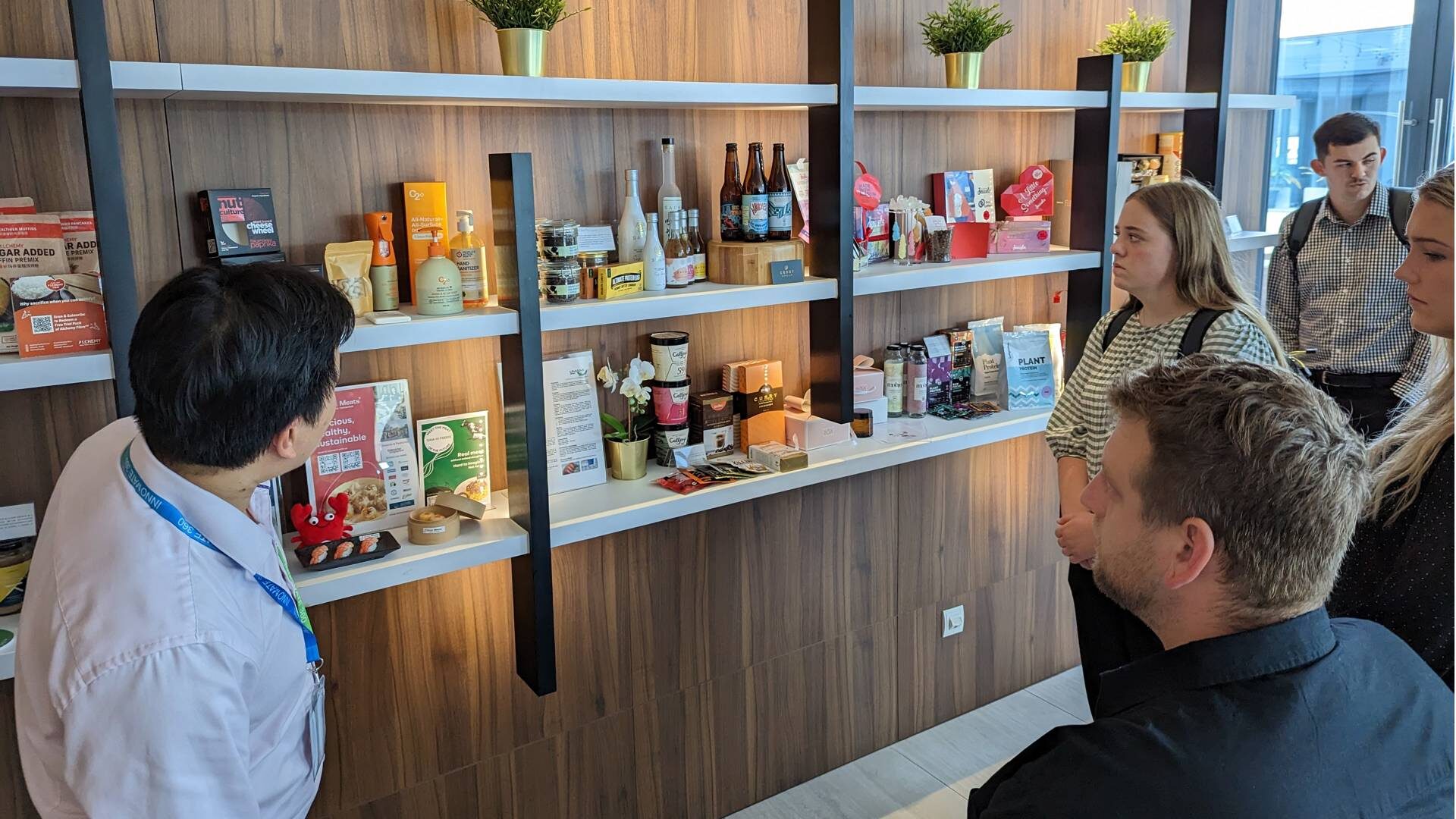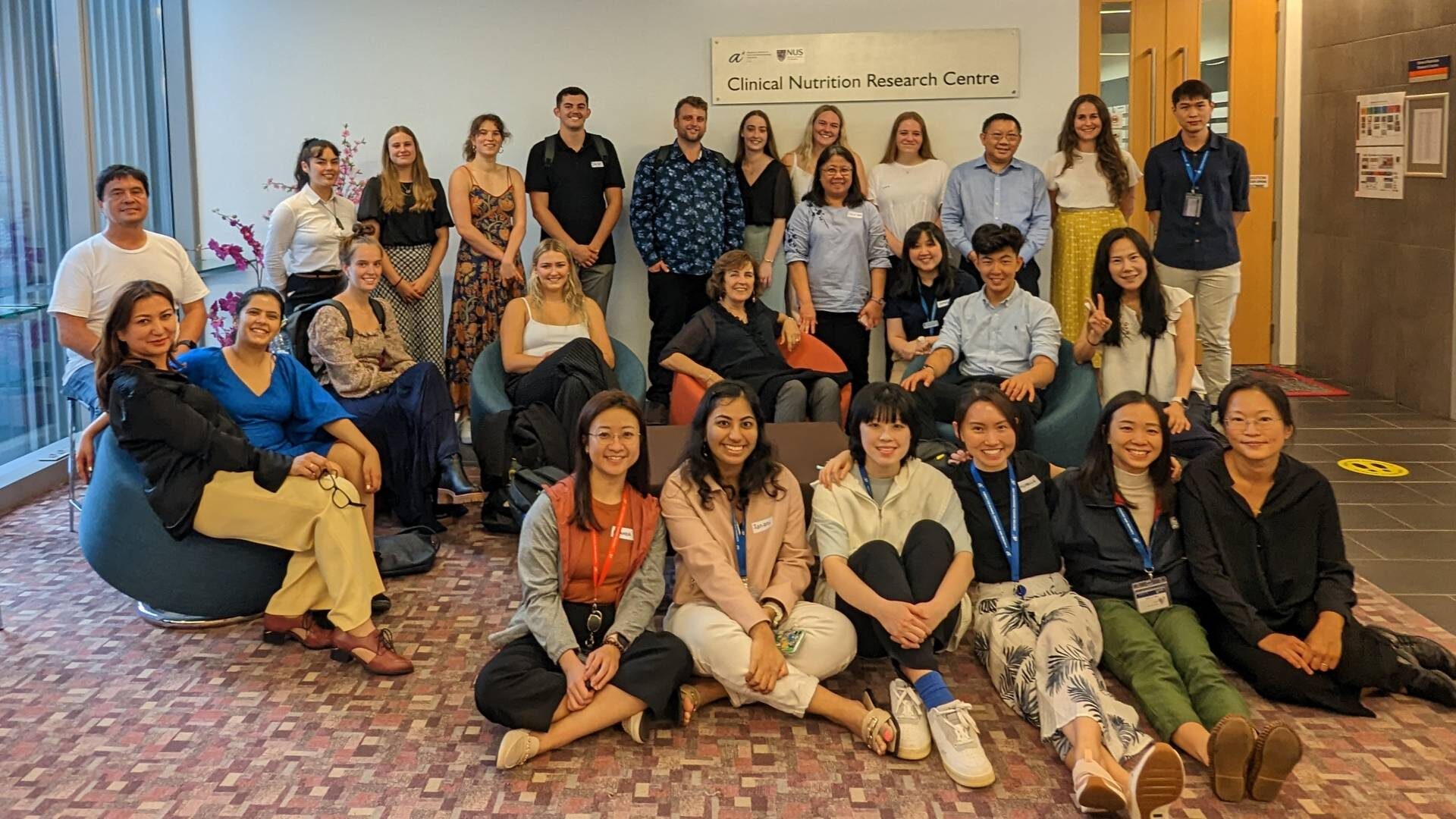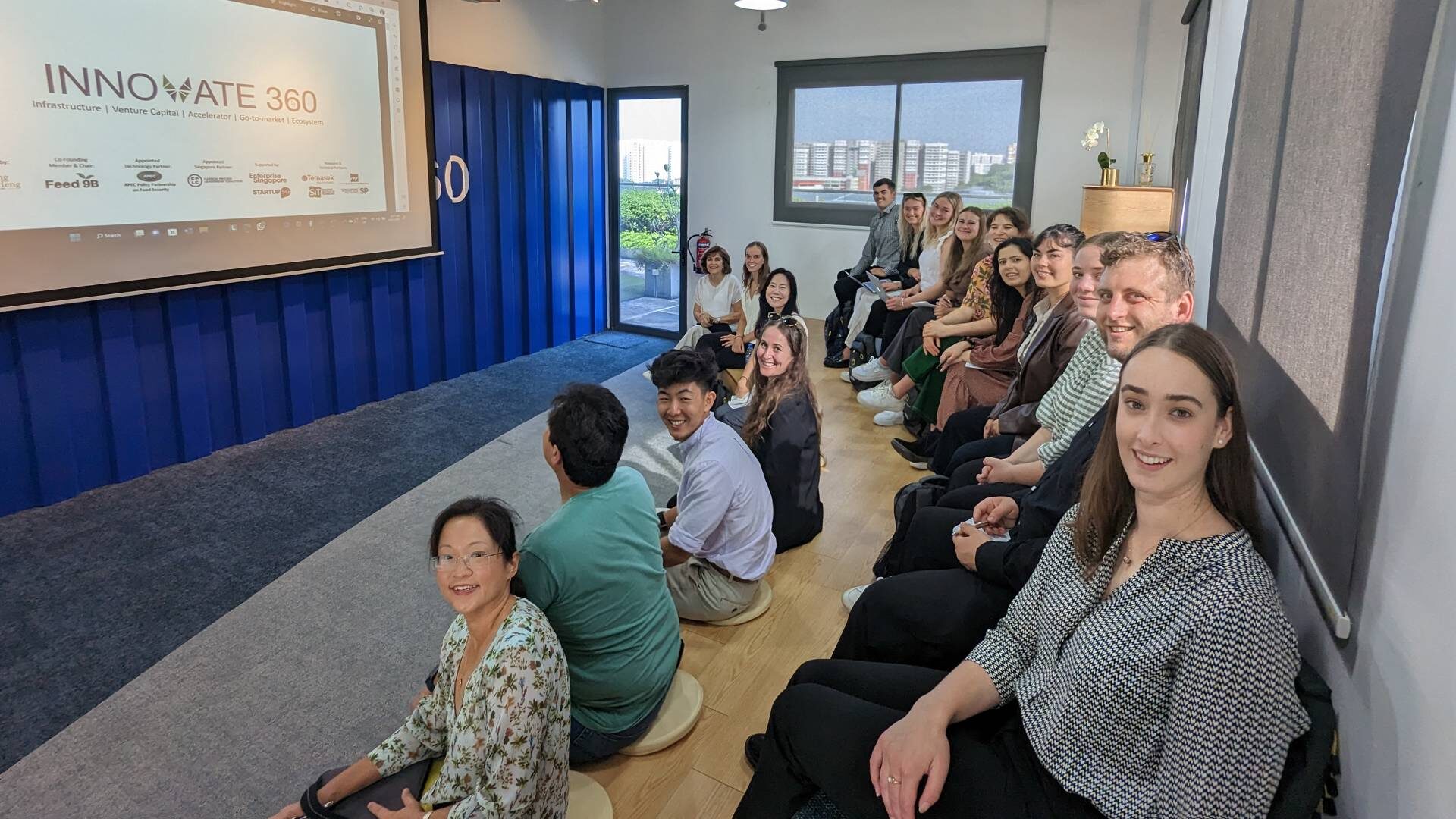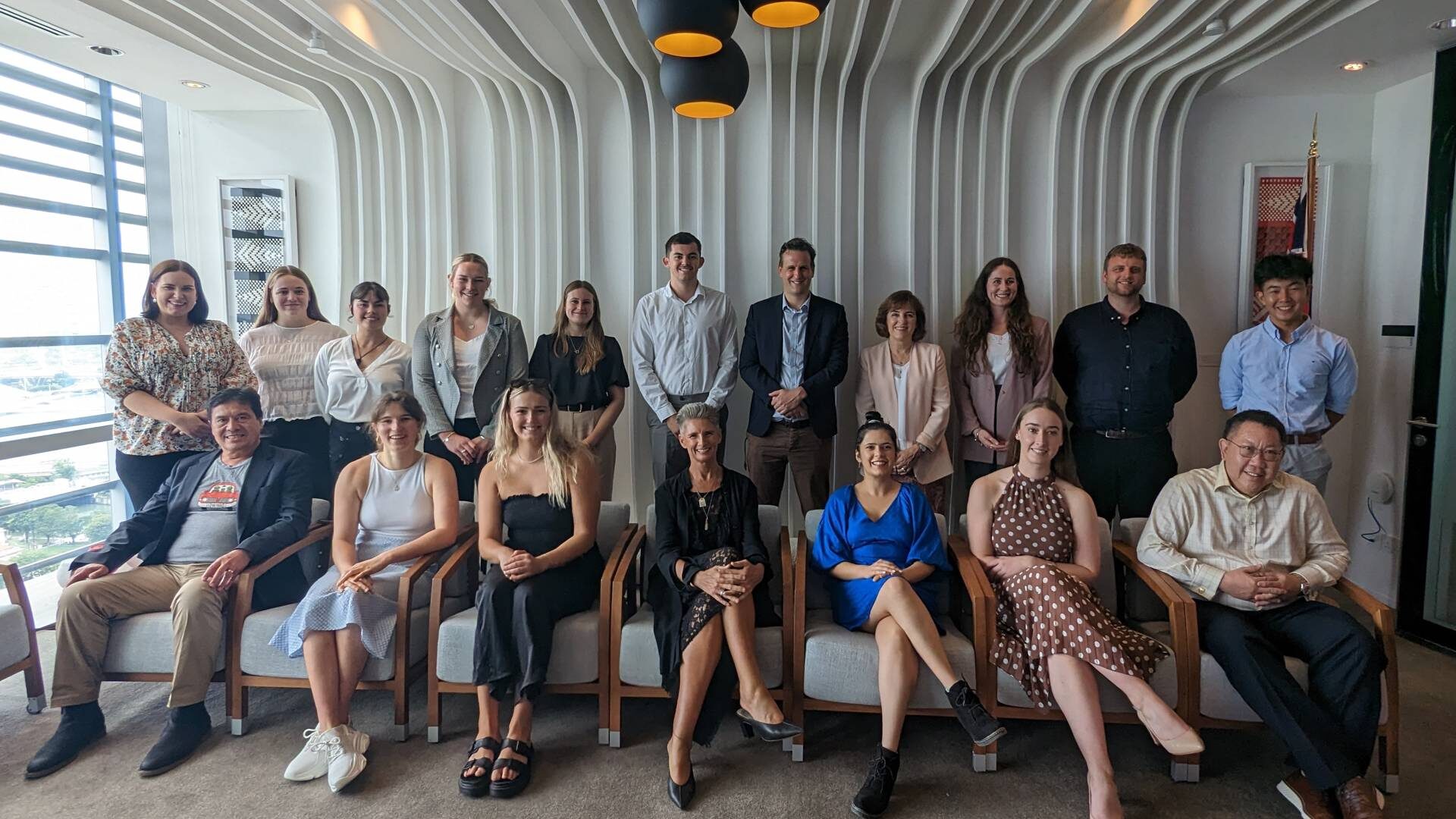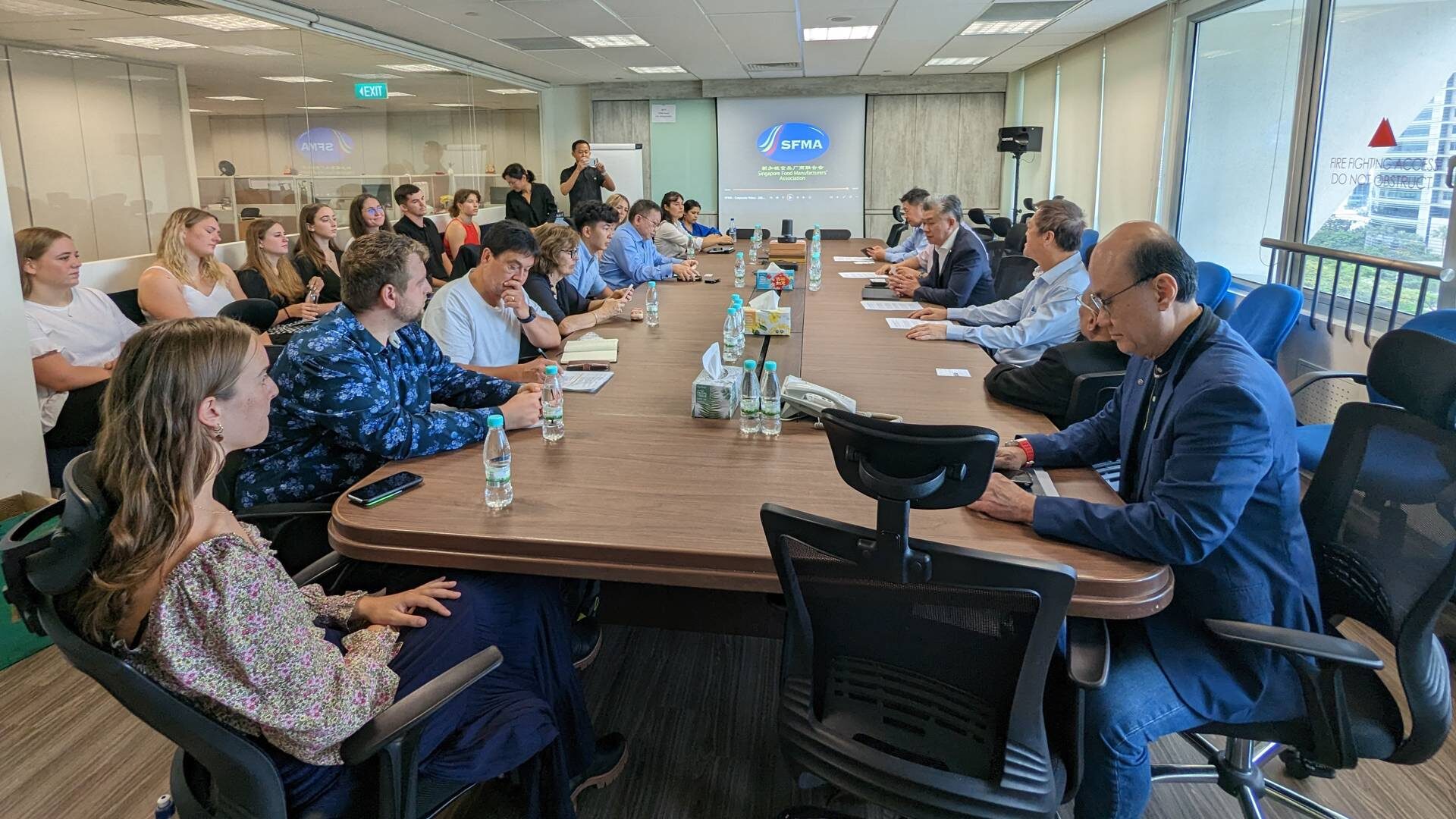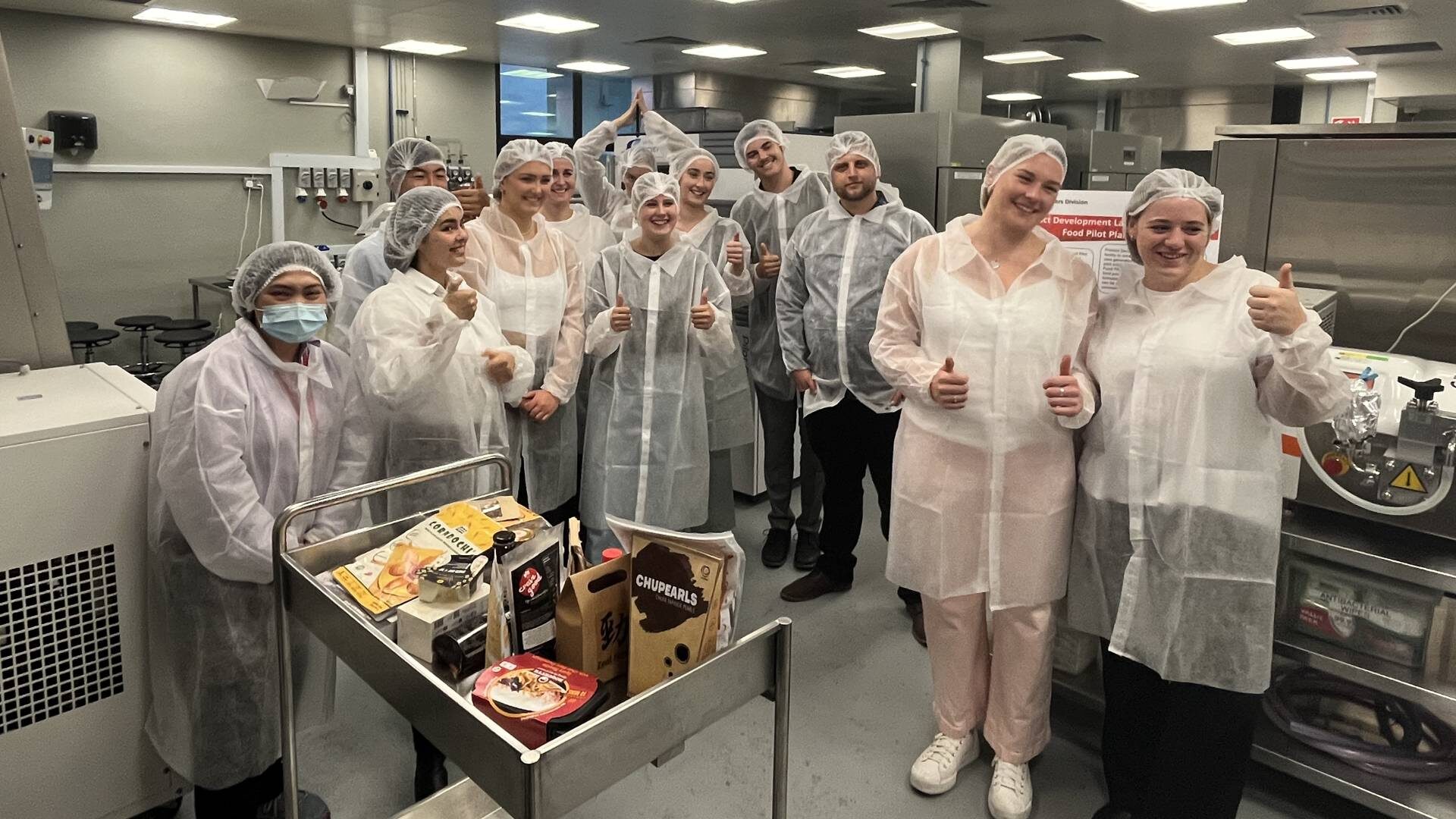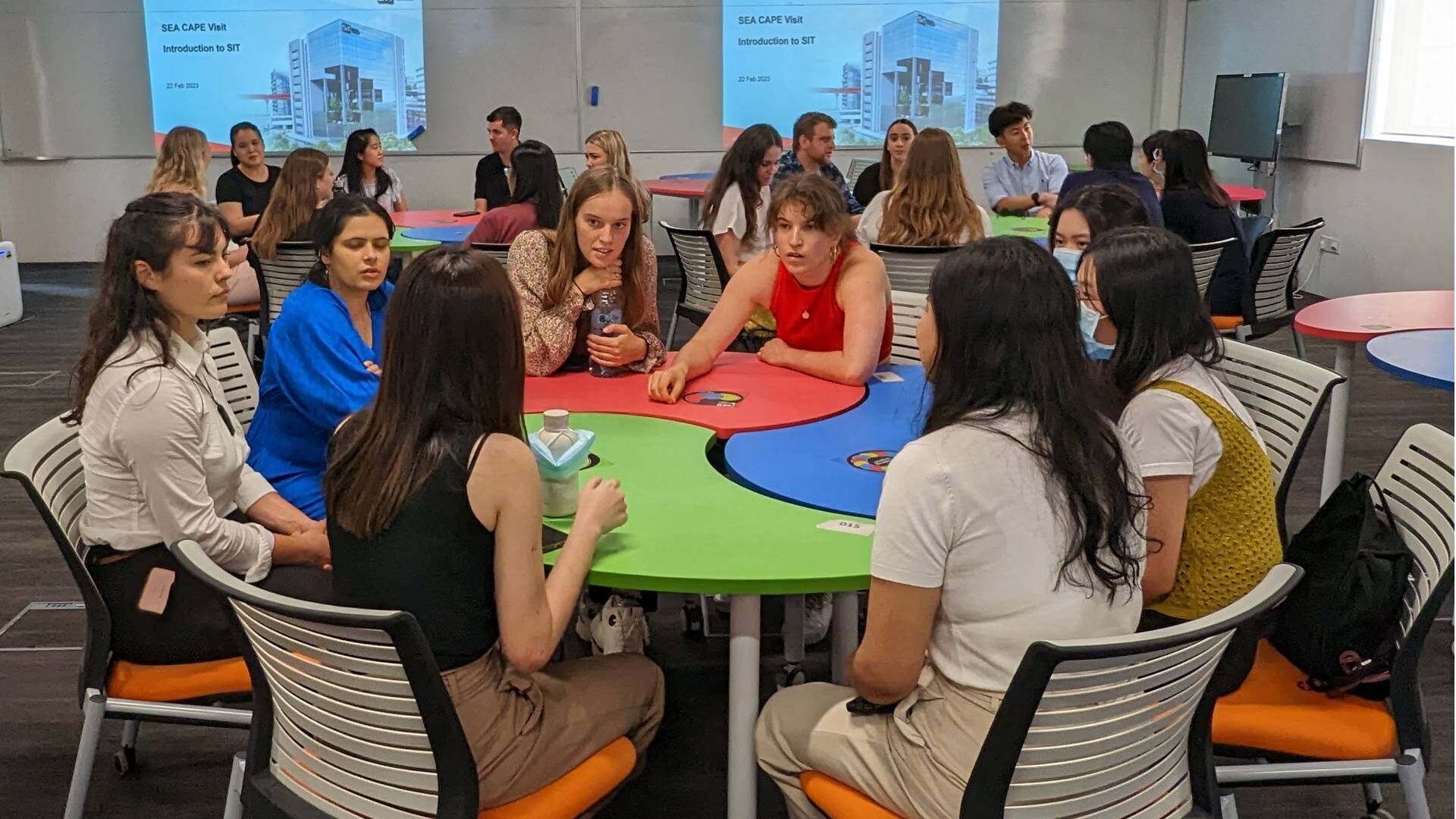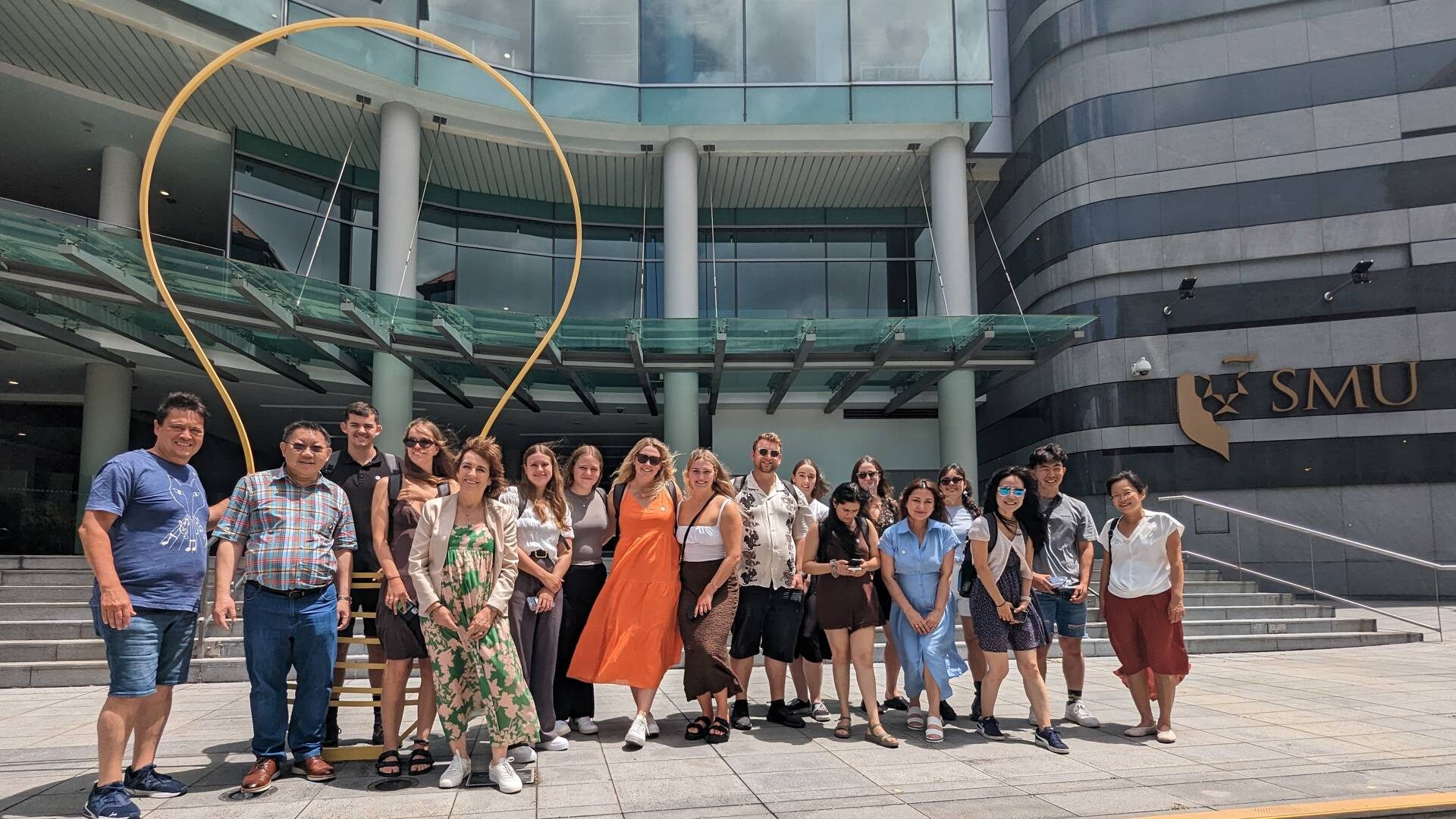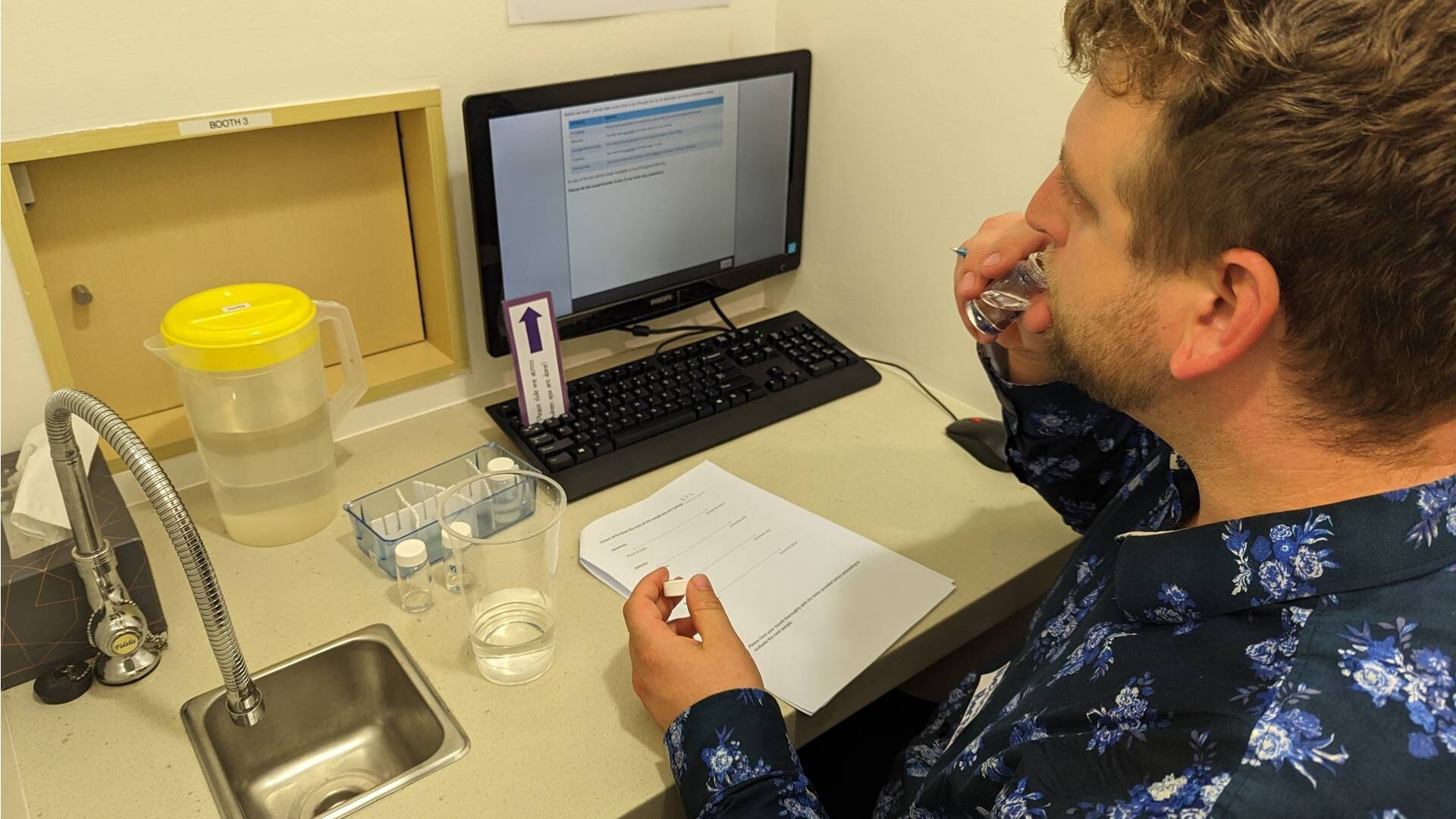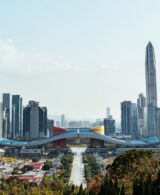Tertiary Market Immersion Trip to Singapore
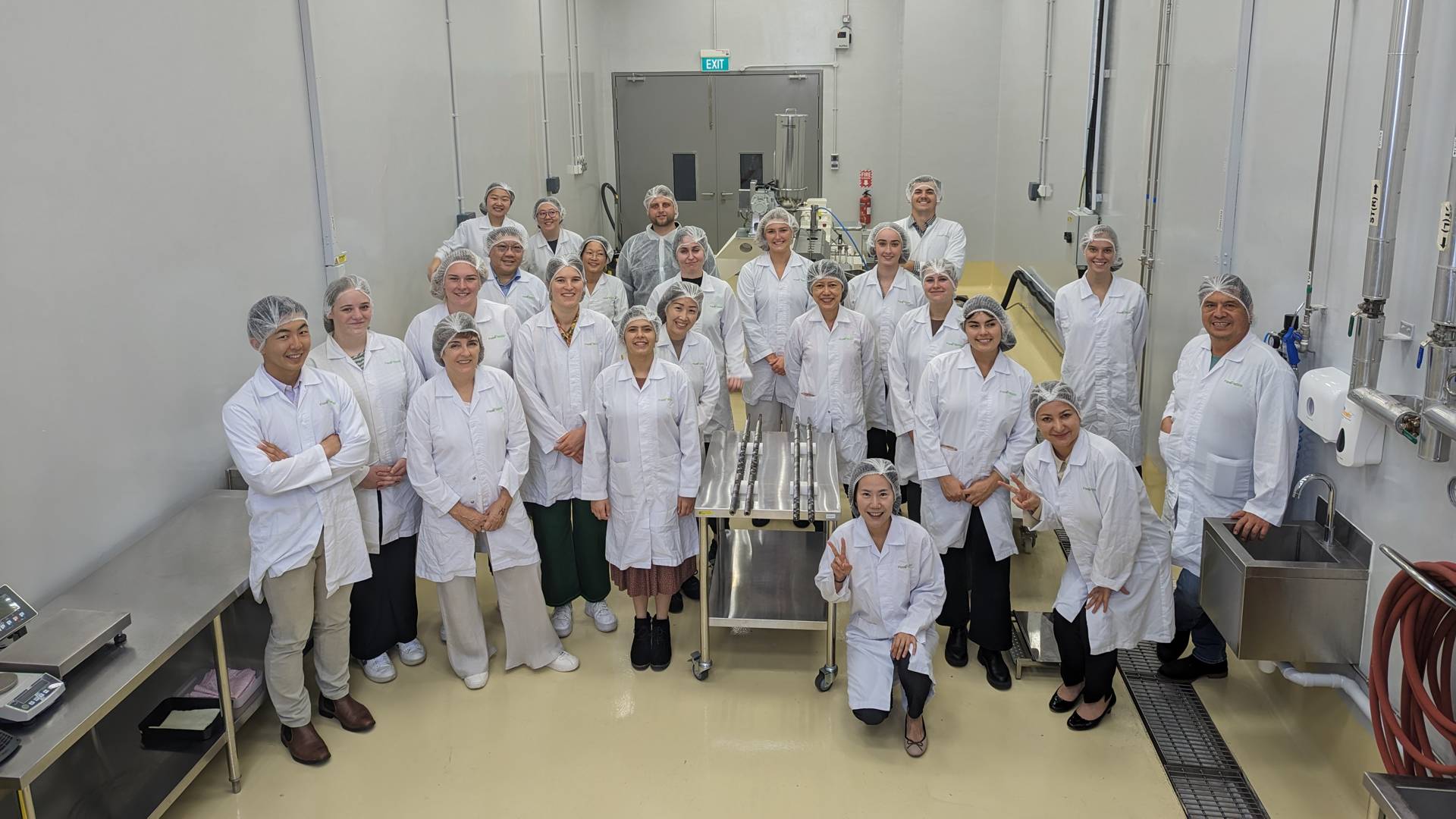
24 March 2023
From having face-to-face dialogue with CEOs of food manufacturing companies to visiting cutting edge research labs and innovative facilities, a delegation of twelve tertiary students and young professionals was recently taken on an immersive trip to Singapore to find out in person how the city state works toward achieving its food security goals and learnt about market opportunities for Kiwi businesses in Singapore’s competitive food space.
Led by Professor Siah Hwee Ang, Director of the Southeast Asia Centre of Asia-Pacific Excellence, the six-day trip, taking place from 18-23 February, was part of the centre’s flagship Tertiary Market Immersion Programme (International).
The twelve participants hailed from five universities, namely Massey University, Lincoln University, University of Canterbury, Victoria University of Wellington, and University of Otago. They are Ella Moffat, Joanna Penrose, Kate Mori, Laura Pattison, Laura Taylor, Mollie Gibson, Mrinali Kumar, Nelson Harper, Dr Nikki Renall, Summer Wright, Tane Purcell and Thomas Sun, who are current students, researchers or recent graduates majoring in food science, engineering or business.
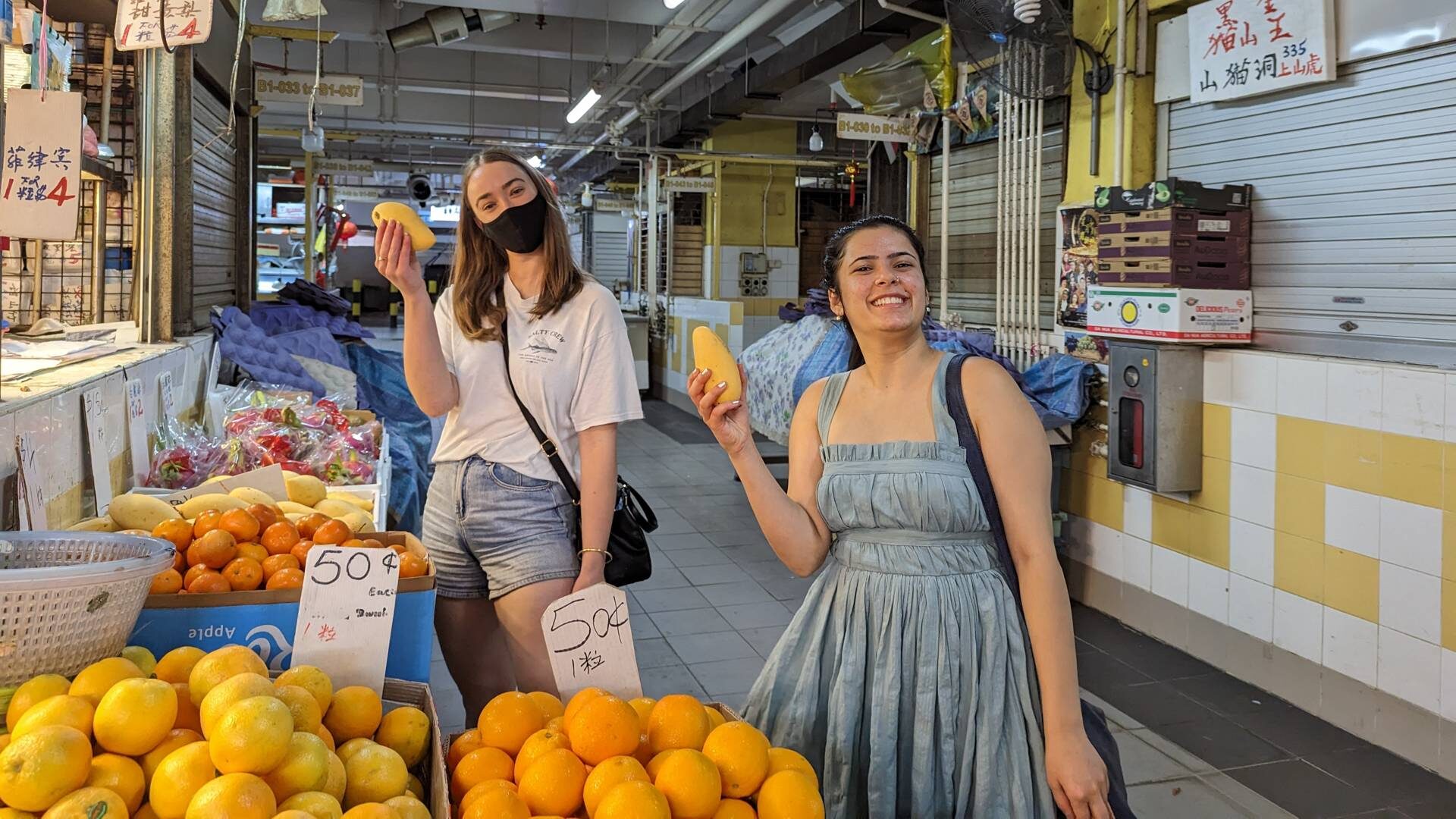
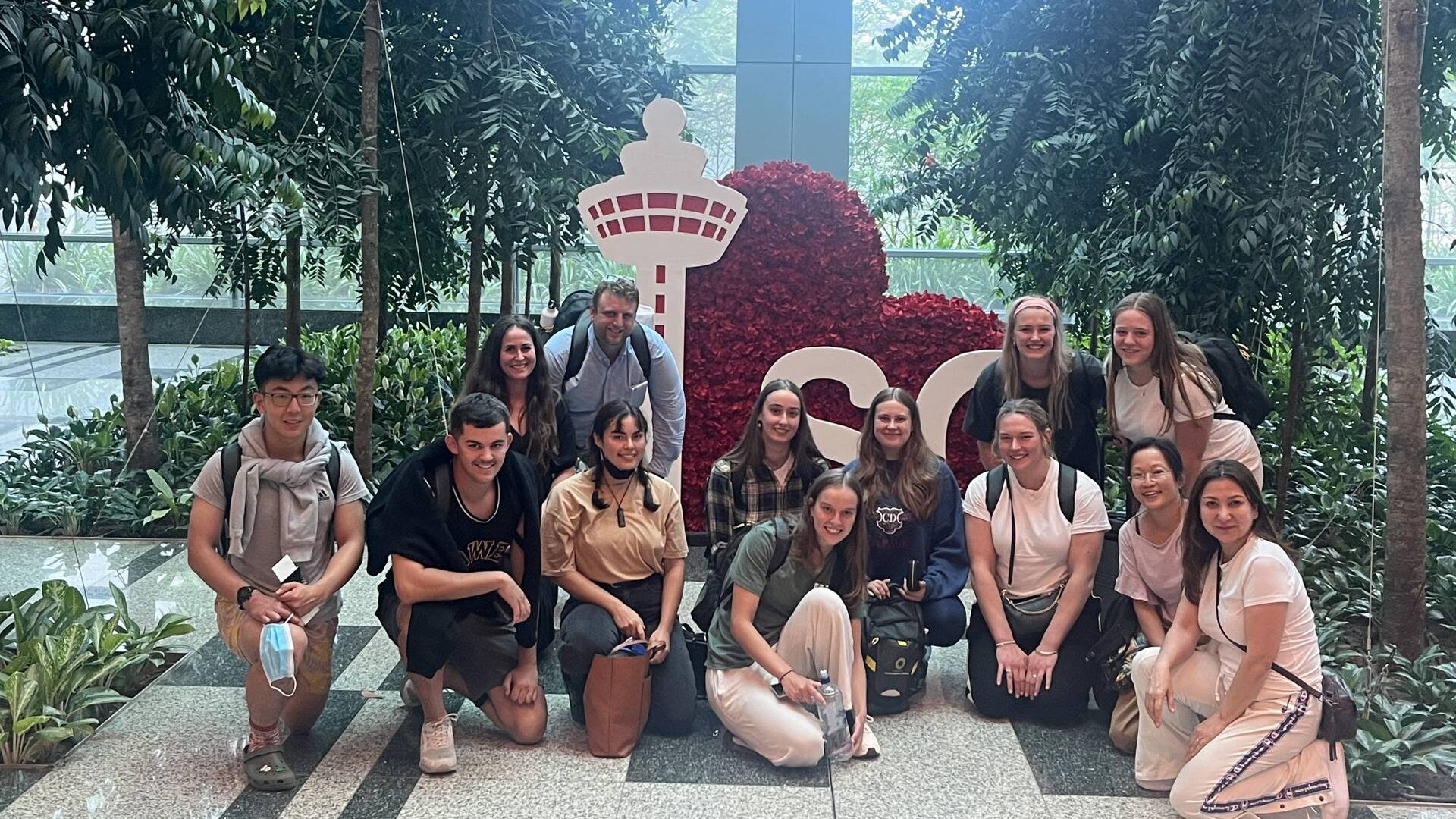
At New Zealand’s High Commission to Singapore, Trade Commissioner Maggie Christie and Charge d’affairs Peter Kemp painted the broad political and economic landscape in Singapore and how New Zealand companies can tap on the wealth of opportunities offered by the region. In doing so, they helped set the groundwork for participants to learn about the country from a New Zealand perspective.
On the same morning, participants were sent out to visit the various supermarket chains and reflect on how food grocery retail channels differentiate and co-exist. At the end of the day, they shared their findings with local retail and e-commerce experts from Singapore Business Federation and Business Engineers Asia. There was a spirited exchange with these two experts on the ground, who described the harsh reality of cutthroat competition in Singapore’s food and beverage market (where price triumphs over everything else, including sustainability) and gave tips for success in entering the market.
“Having the opportunity to be in the market in Singapore really opened my eyes to what a key player Singapore is as a gateway for businesses to the rest of the SEA region and its importance as a strategic business hub.” – Laura Taylor
There were more laboratory visits, first with Singapore Institute of Technology (SIT), and later A*Star’s Clinical Nutrition Research Centre (CNRC). SIT runs a joint Bachelor of Food Technology degree with Massey University, and its staff and students from the programme were present to engage with our delegation. In addition to a tour of their lab, researchers from CNRC also shared how their work on sensory and eating behaviour can guide food product development, with a focus on Asian consumer preferences.
A visit to the Singapore Food Manufacturers’ Association brought participants to a face-to-face dialogue with its board members, who are also chief executives and senior managers of local food companies. It was a lively discussion where views on issues such as sustainability, food waste and manpower shortage were exchanged between both sides. Further networking took place with the New Zealand Chamber of Commerce in Singapore, where Kiwi expatriates based in Singapore shared their tips for success in the lion city.
On the academic front, participants were given a critical analysis of the geopolitical landscape in Southeast Asia at S. Rajaratnam School of International Studies. They also learned about the constraints faced by Singapore in rooftop and indoor vertical farming to tackle food shortage at Singapore Management University.
During the trip, the participants visited food accelerator Innovate 360 and Singapore’s first shared facility for small-batch food production FoodPlant. Both are pioneering facilities that work closely with government agencies to support food innovation by helping agri-food startups develop and commercialise new products. Participants also got a taste of plant-based chicken pizza from the founders of Shandi Global, a plant-based meat startup at Innovate 360.
The international programme is an extension of two domestic trips which took place in 2021 and 2022, where participants met with business and government leaders, as well as researchers from a range of organisations from New Zealand and Singapore.
And the programme does not end with the participants’ return home to New Zealand. They are currently working in groups, guided by academic mentors, to produce research projects and develop recommendations for New Zealand Inc. agencies and businesses on the potential of the Singapore food and nutrition market for our country.
“I have found the ASEAN markets incredibly interesting as the contrast to NZ food production systems differs so drastically. Seeing firsthand the passion and drive for innovation and solutions as Singapore strives towards its 30 by 2030 goal was eye opening.” – Joanna Penrose
TMIP is part of SEA CAPE’s suite of interconnected programmes to build a pipeline of cultural-savvy young people who understand the importance of Southeast Asia to New Zealand’s trade and economy.
“As a New Zealander it was an eye-opening experience to venture to a place that has such an eclectic mix of cultures and influences from both the west and the east.” – Kate Mori
“I am most impressed with the level of investment and cross sector collaboration empowering innovation in the food and nutrition space to work towards their national goals – highlighting the importance of having a clear food security strategy to enable collaboration to address the challenges ahead.” – Dr Nikki Renall






